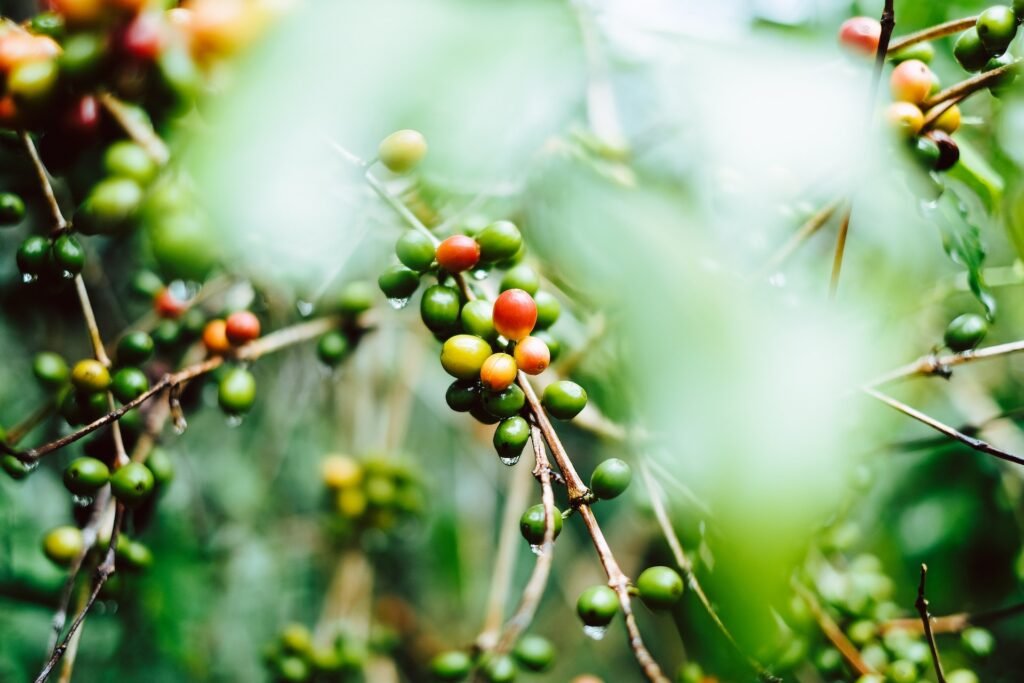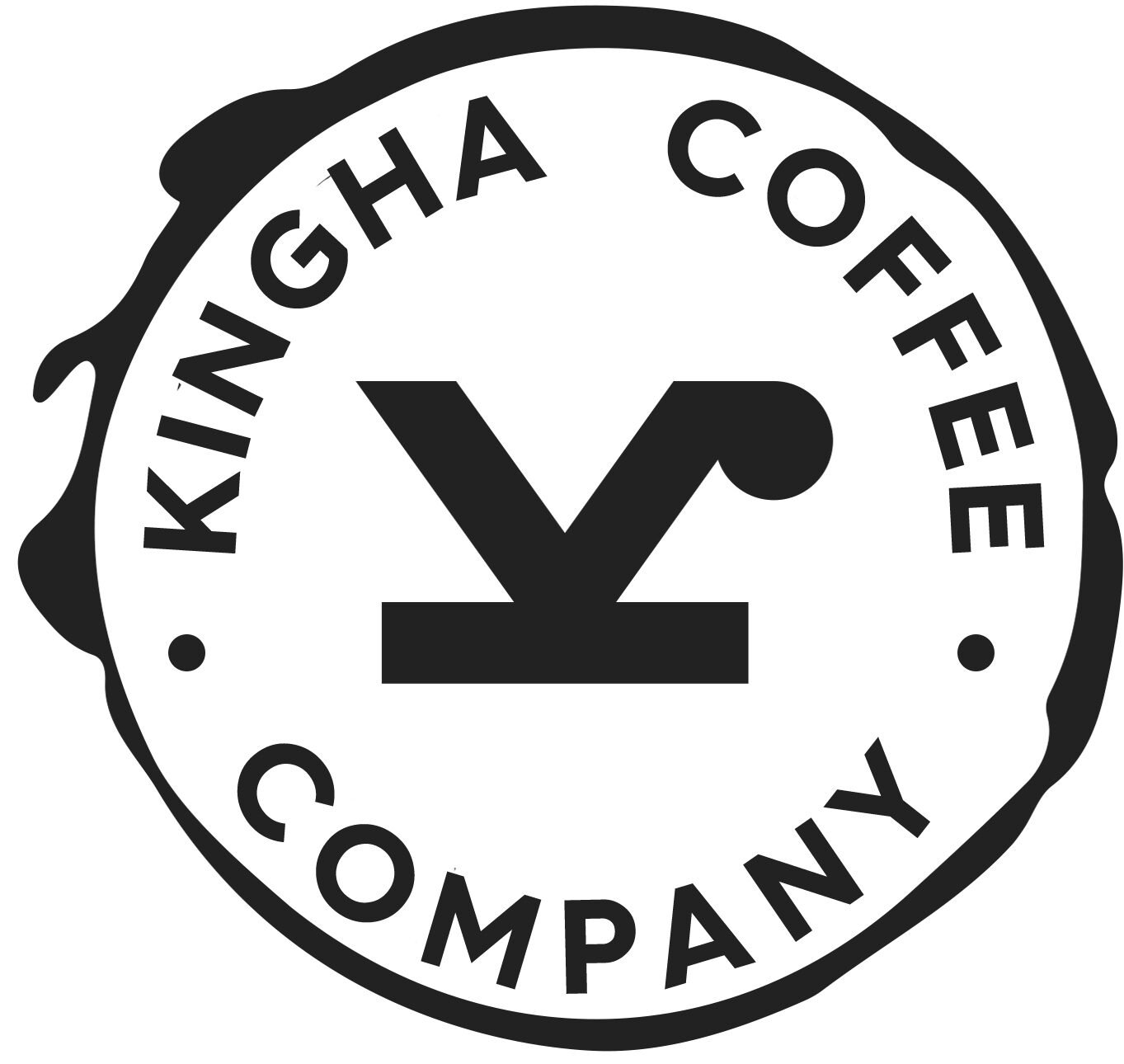So many companies claim to retail ethically sourced coffee. But what is the meaning behind the most chronically over-used buzz term in the coffee industry?
Well, at Kingha, we think there are four key elements to ethically sourced coffee – Price, business ethics, sustainability, and environmentally-friendly practices.
In this article, we break down these elements and explain why choosing ethically sourced coffee can make a big difference to the people who depend on coffee for their livelihoods.
What is ethically-sourced coffee?
Ethically sourced coffee is that which is cultivated and harvested responsibly, fairly, and sustainably. While ethical coffee can mean different things to different people, it’s all about finding coffee that has more positives than negatives.
Some coffee is branded as “ethical” thanks to labels like Fairtrade and Rainforest Alliance. But at Kingha, we believe that coffee ethics is deeper than merely sticking a label on our coffee bags and thinking no more about it.
To us, ethical coffee is about remunerating the growers fairly and making a positive impact in the communities in which we work. Over the years, we have partnered with more than 1,000 growers to deliver educational and agricultural workshops. We have also donated extensively to our school library project in Uganda to improve children’s education in coffee-growing communities.
We’re extremely proud of our ethics, and it’s a big part of what we do – you can find out more about our story here.
So, whether you buy from Kingha or another coffee brand, here are the four key elements of coffee that is branded as “ethical”:
Fair price
The global price of coffee fluctuates dramatically every year, which can pose significant challenges to families in coffee-growing regions in Uganda and other parts of the world. While we can’t control the global coffee market, we can control how much we pay the people who grow our coffee.
At Kingha, we ensure that we pay all of our partners and growers above the market rate for the coffee that they produced. This is one of the main reasons why we’re confident to say that ours is ethically sourced coffee – we pay our growers fairly.
Therefore, when you buy Kingha coffee, you can be sure that the people who have spent years cultivating the very coffee beans that you enjoy have been paid fairly. In our view, this is the biggest advantage to choosing ethical coffee brands over those who are less than fair with their payment terms.
Business ethics
Of course, there’s more to ethically sourced coffee than the price paid for the beans at harvest time. A company’s business ethics throughout its entire supply chain is vital as far as the coffee journey is concerned.
Due to the number of stakeholders in the coffee cultivation process, there’s room for corruption and mismanagement. Unscrupulous companies take advantage of this to cut their costs and increase their margins, which ultimately exploits the people who grow coffee in communities across the world.
When you make a concerted effort to buy ethically sourced coffee, you deal directly with companies that have reputable business ethics and are committed to transparency. This is a crucial step in supporting coffee growers and reduces the amount of malpractice in the industry.
Sustainability

Business ethics go hand-in-hand with sustainability in today’s world. Sustainability is an all-encompassing buzzword that is often used all too readily by marketers. But in the coffee world, sustainability is vital for a number of reasons.
Most importantly, sustainably grown coffee is that which considers the livelihoods of all those involved in the growing process. It’s about helping people sustain their livelihoods beyond an initial harvest, helping them to cultivate their crops long into the future.
Central to this, of course, is paying growers fairly. But it’s also important to provide education and to support community initiatives that work towards long-term sustainability.
This is one of the reasons why we’re so keen to provide agricultural workshops to our partners. It’s also the reason why we support young people in our coffee communities, as we know the future of coffee rests on their shoulders.
Without sustainability, the future is bleak for the coffee industry at large.
Enviornomentally-friendly practices
Ethically sourced coffee is also environmentally friendly. While some people confuse this with sustainable coffee, we think it’s helpful to make the distinction.
Environmentally coffee is organic. It is free from harmful chemicals and pesticides that are used in some parts of the world to increase the resilience and abundance of crops.
While such products can deliver short-term gains for growers and buyers alike, the long-term negative impacts on the environment are extremely damaging. Coffee that is grown without thought for the environment can dry out the land and cause significant long-term degradation to communities, among other challenges.
Again, deciding to buy ethical coffee is a way of adhering to your environmental principals, while making sure that the beans that you enjoy are free from harmful chemicals.
The verdict: Why buy ethically-sourced coffee?
As explained here, there’s so much more to ethically sourced coffee than initially meets the eye. Lots of companies jump on the bandwagon and describe their coffee as “ethically sourced” even when they do very little to ensure that their practices are ethical from bean to cup.
We’re extremely proud of the Kingha coffee journey, and we do everything we can to ensure our coffee is fair, ethical, sustainable, and environmentally friendly. For more information about our coffee or if you would like to partner with us in Canada or Uganda, get in touch today.
You can also check out our article on why ethical coffee matters for further motivation when choosing the best coffee to buy.

Comments are closed.